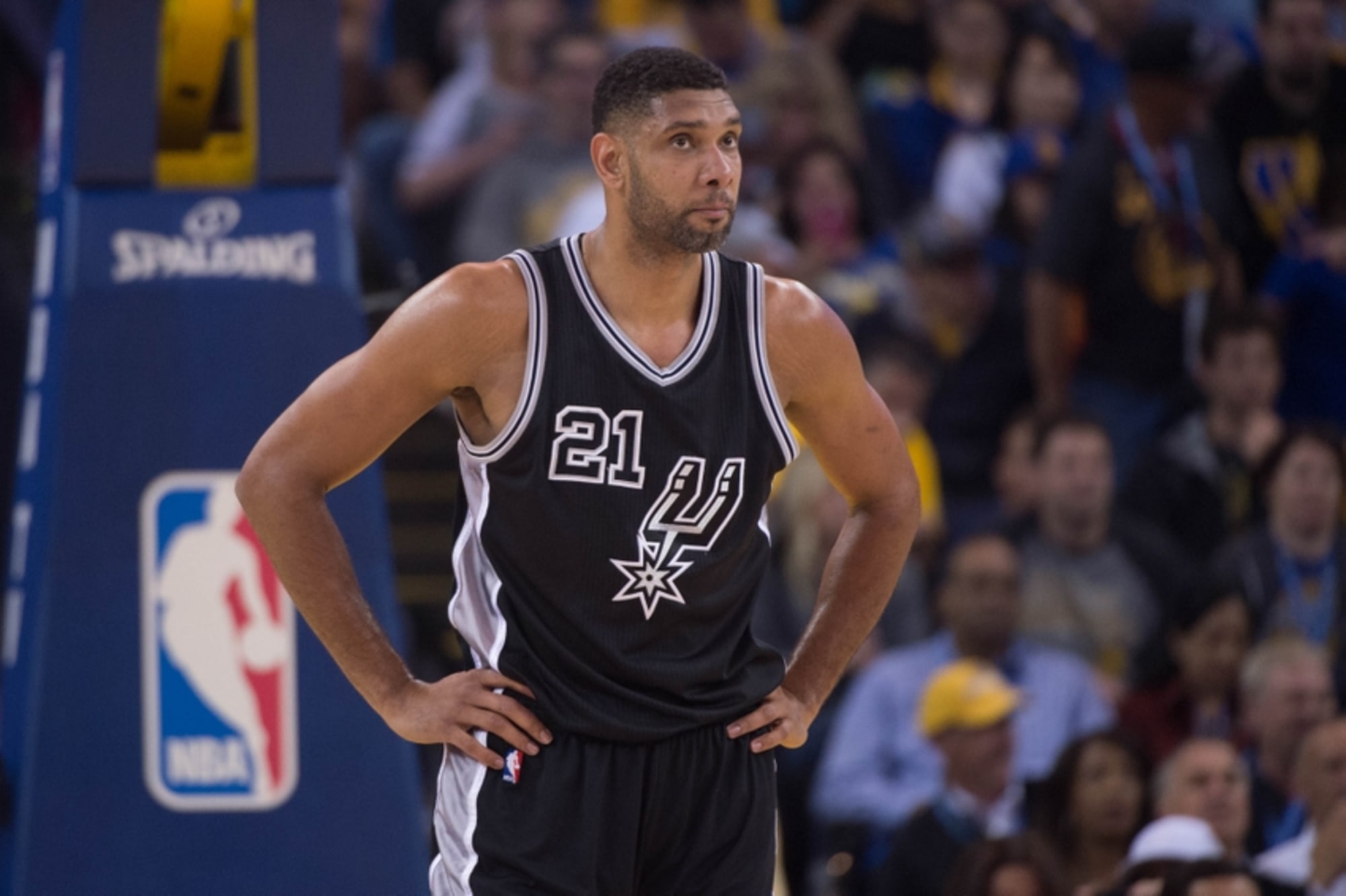
In the same way a corporate executive should put the needs of employees, customers and shareholders above his or her personal needs (and I believe they should be in that particular order), too often executives begin with themselves and work backwards. Ultimately, what Tim Duncan demonstrated as a leader was to put his team above himself. This is how he was able to achieve personal greatness. Never let it rest/Until your Good is Better, and your Better is your Best.” He cited his mother as his inspiration and the nursery rhyme as his personal motto.

When Duncan was a young boy, his mother taught his sisters and him the nursery rhyme: “Good, Better, Best. Despite the fact that the media promotes individual All-Star players who are the face of each NBA team, basketball is ultimately a team game where every member has a role to play and how well they work together determines whether they win or lose.

Together they won 575 regular-season games and 126 career playoff games-both the most by any trio in NBA history.

Rather than be threatened by the arrival of Tony Parker and Manu Ginobli, Duncan demonstrated servant leadership principles by giving away his power to enable the entire team to achieve greatness. While slam dunks are fun for fans to watch, what’s most important is winning the game and that was always Duncan’s focus. Rather than seek out opportunities to make ESPN’s highlight reel, he did the things that helped his team win. Tim Duncan was relentless in making his presence known on both ends of the court. Nothing builds up engagement among the ranks like the leader who is down in the trenches doing the grunt work. Duncan held himself to a high standard and took responsibility (and blame) when it was warranted. Tim Duncan is the kind of leader who demonstrates what Jim Collins described in his book Good to Great as one who looks out the window when things go right and in the mirror when things go wrong. We live at a time when taking personal responsibility for our actions has become so rare that many people expect teachers and police to serve as parents. Tim Duncan’s leadership includes taking personal responsibility, leading by example and growing other leaders. “I think that was the best perspective to have.” “Honest truth is I didn’t really know from year to year what people were making,” he said. The money had “not ever been a deal for me.”

In this age of Facebook “Likes,” Twitter followers, selfie sticks, and year-long victory tours (e.g., Kobe Bryant), Tim Duncan represents the kind of old-school leader we should be celebrating both on and off the court.Īs Duncan explained recently, he took less money from bigger market teams in order to give the Spurs more ammunition to field successful teams. Rather than taking advantage of all the praise for himself, he spread it around to his teammates and to San Antonio Spurs fans. Duncan is also one of only three players to win the Wooden Award, NBA Rookie of the Year, NBA MVP, NBA Finals MVP and NBA All-Star Game MVP, joining Larry Bird and Michael Jordan. Unlike talents such as Kobe Bryant, LeBron James and many others who receive so much of our collective attention, Duncan played in the relatively small market of San Antonio and didn’t seek out the spotlight he so much deserved.ĭuncan’s five NBA titles (including three NBA Finals MVP awards) and two regular season MVP awards along with being selected a record 15 times on the NBA All-Defensive Team secured him as one of the best NBA players of all time. His presence will be missed beyond south Texas. In his typical understated fashion, Tim Duncan stepped away from the game he played with passion, consistency and unselfishness for 19 years. Earlier this week a great leader and perhaps the best power forward to ever play in the NBA quietly retired from the game.


 0 kommentar(er)
0 kommentar(er)
